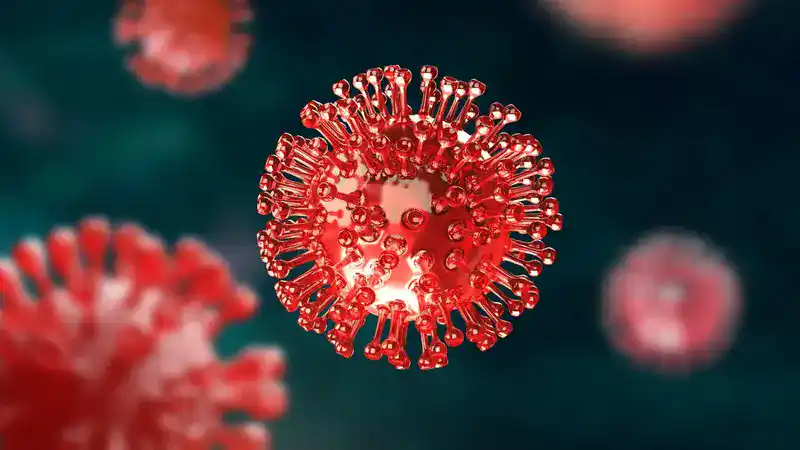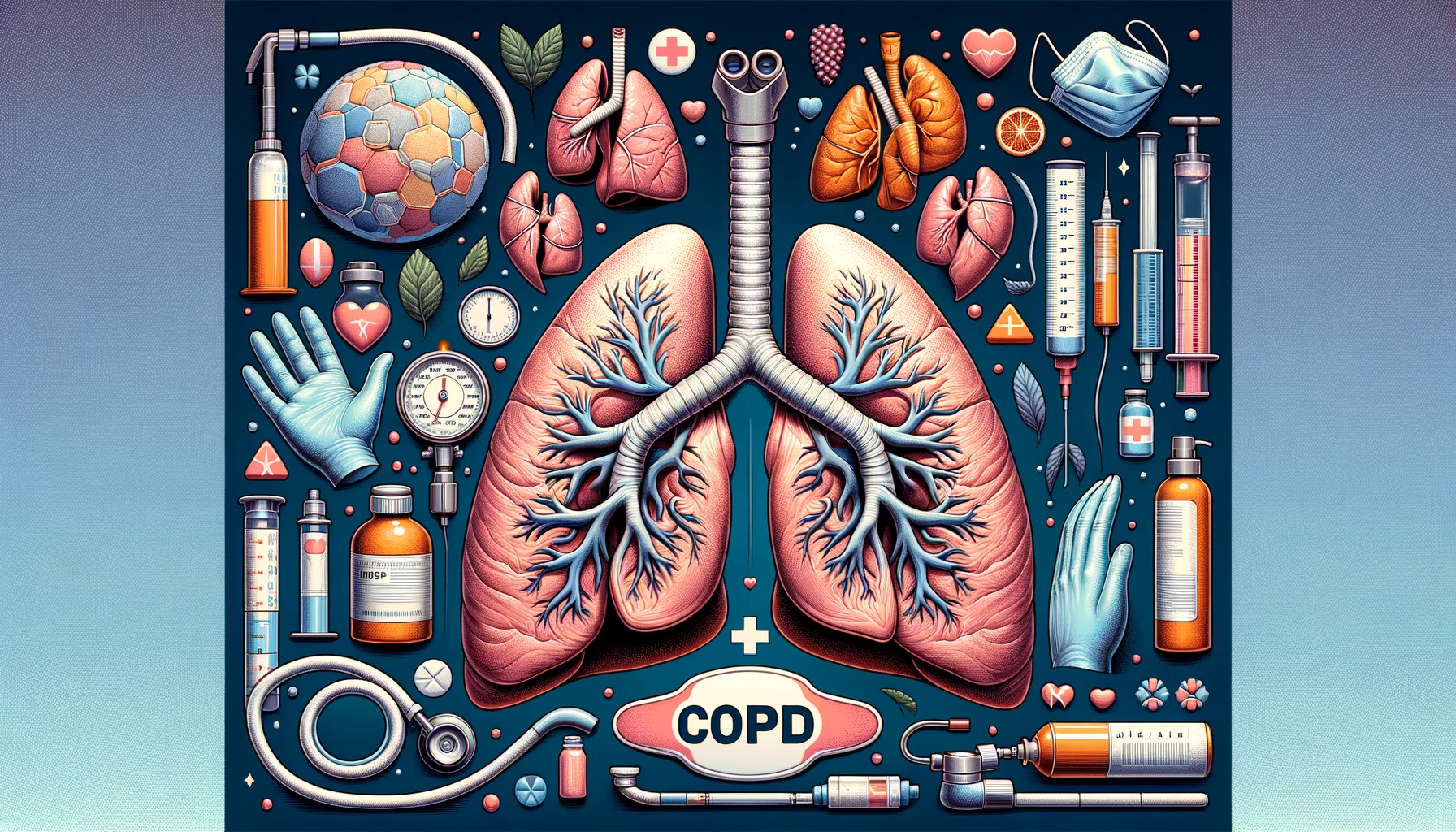The pathogenesis of HIV involves complex interactions between the virus and the host's immune system.

Blog
Pathogenesis of HIV: Key Mechanisms Explained
The pathogenesis of HIV involves complex interactions between the virus and the host's immune system. Understanding these mechanisms is crucial for developing effective treatments and managing the disease. This guide explores the key mechanisms of HIV pathogenesis, detailing the processes that occur during the infection and their implications for disease progression and treatment.
HIV infects cells of the immune system, primarily CD4+ T cells, macrophages, and dendritic cells. The process begins with the virus attaching to the CD4 receptor and co-receptors (CCR5 or CXCR4) on the surface of the target cell. This is followed by fusion of the viral and cellular membranes, allowing the viral RNA and enzymes to enter the cell. The viral RNA is then reverse transcribed into DNA, which integrates into the host cell's genome.
One of the hallmark features of HIV infection is chronic immune activation. The virus stimulates the immune system, leading to the activation of various immune cells. This persistent activation contributes to the depletion of CD4+ T cells and the dysfunction of the immune system. Chronic immune activation is a major driver of disease progression in HIV-infected individuals.
The depletion of CD4+ T cells is a key feature of HIV infection and a major factor in the progression to AIDS. The mechanisms of CD4+ T cell depletion include direct viral killing of infected cells, immune-mediated killing of infected cells, and the bystander effect, where uninfected cells are also killed. The loss of CD4+ T cells impairs the immune system's ability to respond to infections and malignancies.
HIV establishes latent reservoirs in various tissues, including lymphoid tissues, the central nervous system, and the gastrointestinal tract. Latent reservoirs consist of infected cells that harbor the virus but do not produce new virions. These reservoirs are a major obstacle to curing HIV, as the virus can persist in these cells despite antiretroviral therapy.
HIV infection leads to a range of immune dysfunctions, including impaired antibody production, reduced cytotoxic T cell responses, and dysregulation of cytokine production. These dysfunctions contribute to the increased susceptibility to opportunistic infections and cancers seen in HIV-infected individuals.
HIV employs several strategies to evade the host's immune response. These include high mutation rates that lead to the rapid evolution of viral variants, the downregulation of host cell surface molecules involved in immune recognition, and the establishment of viral reservoirs. These evasion mechanisms complicate the development of effective vaccines and therapies.
Understanding the pathogenesis of HIV is crucial for developing effective treatments. Antiretroviral therapy (ART) targets various stages of the viral life cycle, including entry, reverse transcription, integration, and protease activity. While ART can suppress viral replication and improve immune function, it cannot eradicate latent reservoirs. Research is ongoing to develop strategies to eliminate these reservoirs and achieve a functional cure for HIV.
Future research in HIV pathogenesis aims to identify new therapeutic targets, develop more effective vaccines, and find strategies to eliminate latent reservoirs. Advances in gene editing, immunotherapy, and nanotechnology hold promise for the development of novel HIV treatments. Continued investment in HIV research is essential for achieving long-term control and ultimately a cure for the disease.
The pathogenesis of HIV is a complex process involving multiple interactions between the virus and the host's immune system. Understanding these mechanisms is essential for developing effective treatments and managing the disease. Continued research in HIV pathogenesis will pave the way for new therapeutic strategies and bring us closer to achieving a functional cure for HIV.
HealthOK Global's dedicated care team provides essential healthcare assistance for the elderly in India, ensuring they receive comprehensive support in the comfort of their homes. From routine medical check-ups and medication management to personalized nursing care and emergency response services, our expert caregivers are committed to enhancing the quality of life for seniors. With our FREE 24 x 7 Healthcare Helpline, you can reach us anytime at +91-8047190955 (India) or +1-888-462-1804 (USA) to ensure your loved ones receive the best possible care.
HIV infects cells of the immune system, primarily CD4+ T cells, macrophages, and dendritic cells. The process begins with the virus attaching to the CD4 receptor and co-receptors (CCR5 or CXCR4) on the surface of the target cell. This is followed by fusion of the viral and cellular membranes, allowing the viral RNA and enzymes to enter the cell. The viral RNA is then reverse transcribed into DNA, which integrates into the host cell's genome.
One of the hallmark features of HIV infection is chronic immune activation. The virus stimulates the immune system, leading to the activation of various immune cells. This persistent activation contributes to the depletion of CD4+ T cells and the dysfunction of the immune system. Chronic immune activation is a major driver of disease progression in HIV-infected individuals.
Understanding the pathogenesis of HIV is crucial for developing effective treatments. Antiretroviral therapy (ART) targets various stages of the viral life cycle, including entry, reverse transcription, integration, and protease activity. While ART can suppress viral replication and improve immune function, it cannot eradicate latent reservoirs. Research is ongoing to develop strategies to eliminate these reservoirs and achieve a functional cure for HIV.
Need Personalized Health Guidance?
Get expert advice tailored to your specific health needs from our qualified healthcare professionals.





